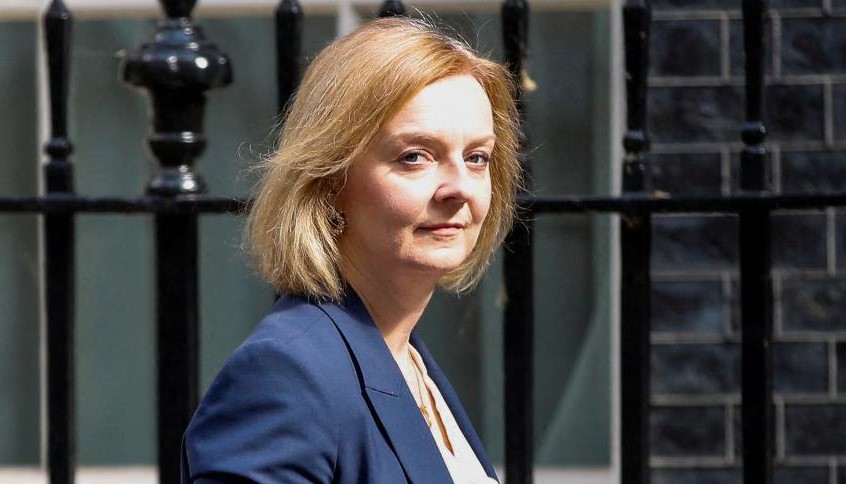New British Chancellor Removes All Controversial Tax Measures in Truss Mini-Budget

New British Chancellor of the Exchequer Jeremy Hunt announced on Monday that almost all controversial tax measures in Prime Minister Liz Truss’ so-called ‘mini-budget’ will be removed.
The far-reaching plans proposed three weeks ago by Truss, and she now fired Finance Minister Kwasi Kwarteng were colossal in scope but unfunded, sending the pound plummeting and the national debt rising.
The intention was to keep energy bills affordable and to lower taxes, especially for the richest segment of the population, but it caused panic in the financial markets. Since then, Truss has had to swallow some of the most controversial measures, and Kwarteng has also been sacrificed to calm the markets.
READ ALSO. Is the end of Liz Truss near? Tories are already plotting to dump their ‘zombie prime minister’ (+)
That was only half successful, so Hunt is now forced also to drain most of what remained of the plans. Hunt hopes this will “ensure trust and stability,” it sounded in a video message on Monday afternoon. Hunt is saving details for a House of Commons session Monday afternoon. Only savings at the National Insurance (the British social security, ed.) and a stamp duty reduction (an old tax, ed.) would still be implemented.
To convince the markets that the monetary and fiscal policies of the United Kingdom are aligned, the Chancellor of the Exchequer already met the governor of the Bank of England and the top executive of the debt agency on Sunday evening “to keep them informed of those plans.”





